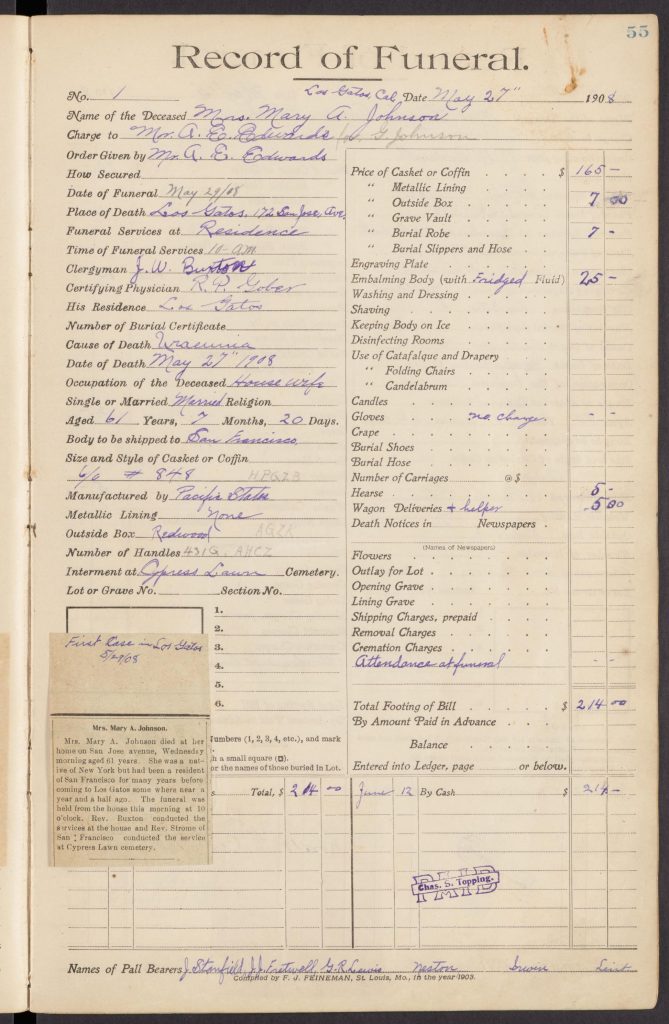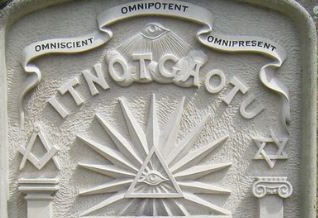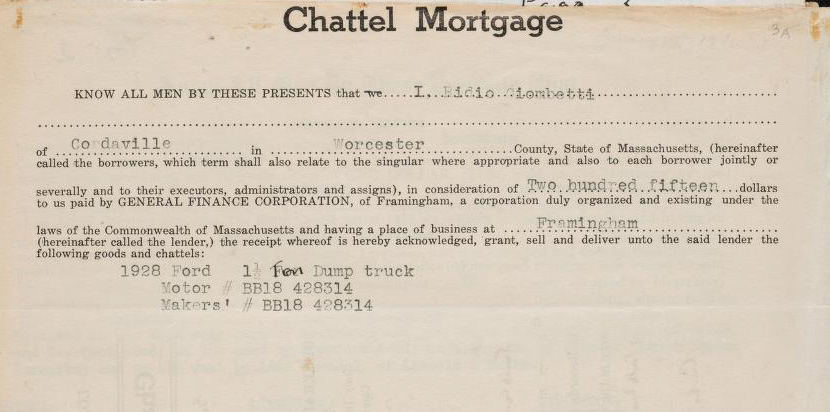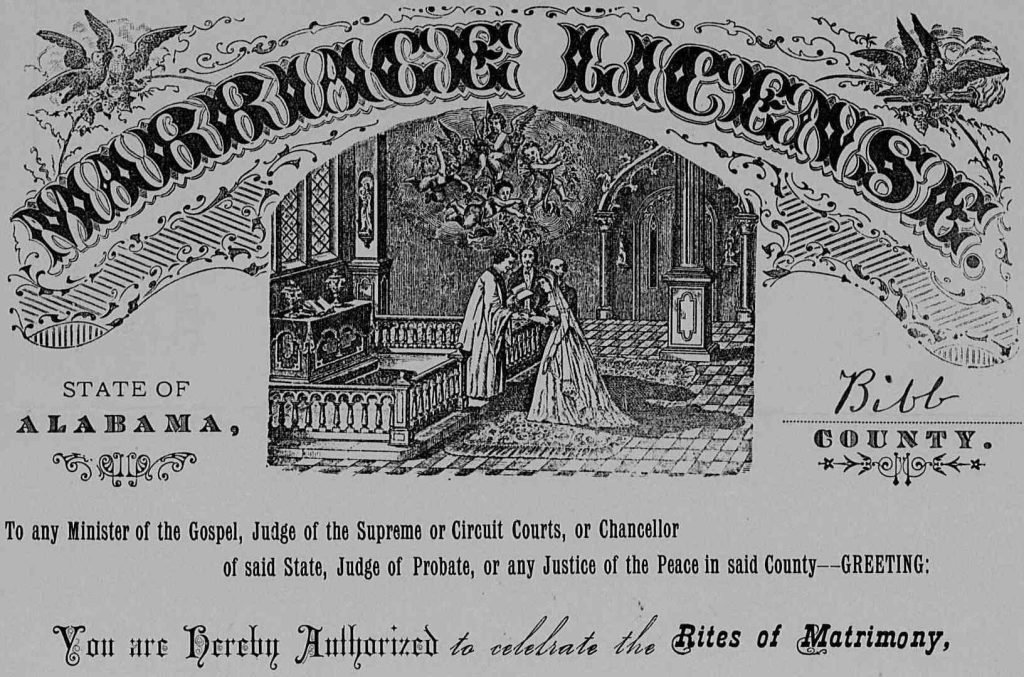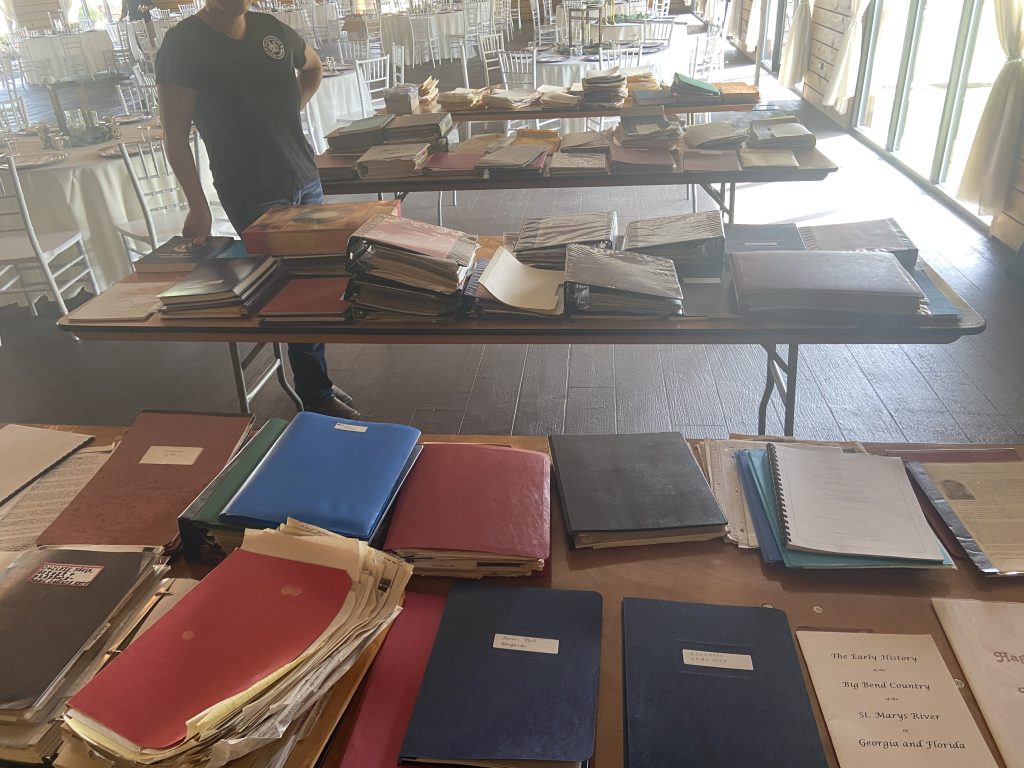This website aims to provide a diverse range of posts on genealogy, covering basic research techniques to advanced methodologies. In addition, there will be articles discussing the usage of various online genealogical resources. My approach to crafting this website is distinct from others that I have come across online, although I haven’t explored all 3,000+ genealogy blogs out there. I aspire to offer a truly unique experience, and even if I’m not the only one doing it, I aim to make it different from anything else out there.
Recent Posts
Discover how the 1752 switch to the Gregorian calendar in the U.S. and the missing 11 days impact genealogical research. Understanding Old and New Style dates ensures accurate timelines, helping genealogists interpret historical records and family documents correctly.
Plat books, those beautifully bound atlases published in the late 19th and early 20th centuries, offer a wealth of genealogical insights. Far more than just maps, they serve as time capsules, preserving detailed records of rural land ownership, community development, and even glimpses into the lives of your ancestors.
City directories are often overlooked but offer a rich store of information for genealogists, revealing details about our ancestors’ lives beyond the basic facts found in census records. These annually published resources provide a snapshot of urban life, documenting residents, businesses, and community institutions. Here’s how to harness their power…
Genealogical research is a complex, ongoing pursuit that significantly benefits from the exploration of various sources, among which funeral records play a crucial role. These records, encompassing burial details, obituaries, funeral home data, and even digital tributes, offer profound insights into an individual’s life and societal context, essential for building…
If you’re tracing your family tree and have discovered Quaker ancestors from New England, you’re in for a fascinating journey. The Religious Society of Friends, more commonly known as Quakers, has a rich history in New England, and their meticulous records can be a treasure trove for genealogists. This guide…
Tracing the roots of Freemasonry through genealogical research offers a unique window into the world’s oldest and largest fraternity, known for its deep commitment to moral principles, spiritual development, and philanthropy. This journey into Freemasonry genealogy not only uncovers the rich tapestry of the Masonic family, encompassing a variety of…
A chattel mortgage record is a bit like a special kind of document or record that keeps track of a specific type of loan agreement. Imagine you want to buy something expensive, like a car or a piece of equipment, but you don’t have enough money to pay for it…
Vital records are essential documents in genealogy research because they provide official documentation of significant life events, such as births, marriages, and deaths. These records often serve as the foundation of your family history research, helping you to verify relationships, trace your lineage, and learn more about your ancestors’ lives.
Once you’ve assessed, organized, and digitized your genealogy materials, it’s essential to ensure that your physical records are stored properly to prevent damage and deterioration over time. Proper storage is crucial for preserving your family’s legacy and ensuring that future generations can access and appreciate the rich history contained within…
Now that you’ve sorted, organized, and digitized your genealogy materials, it’s time to create a visual representation of your family’s history through a family tree. A family tree is an invaluable tool for understanding your ancestry, identifying patterns and connections, and sharing your heritage with others. In this article, we’ll…




